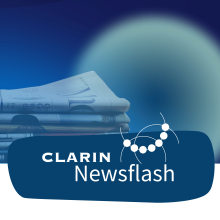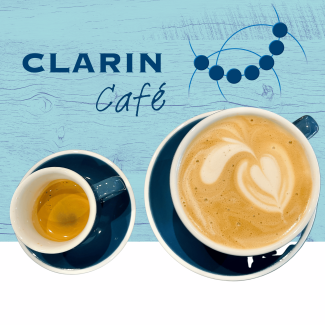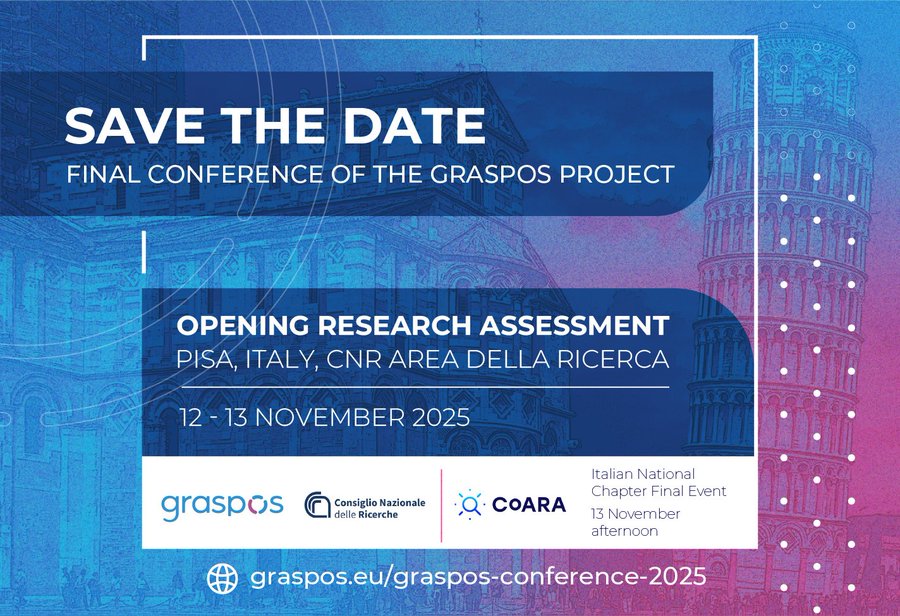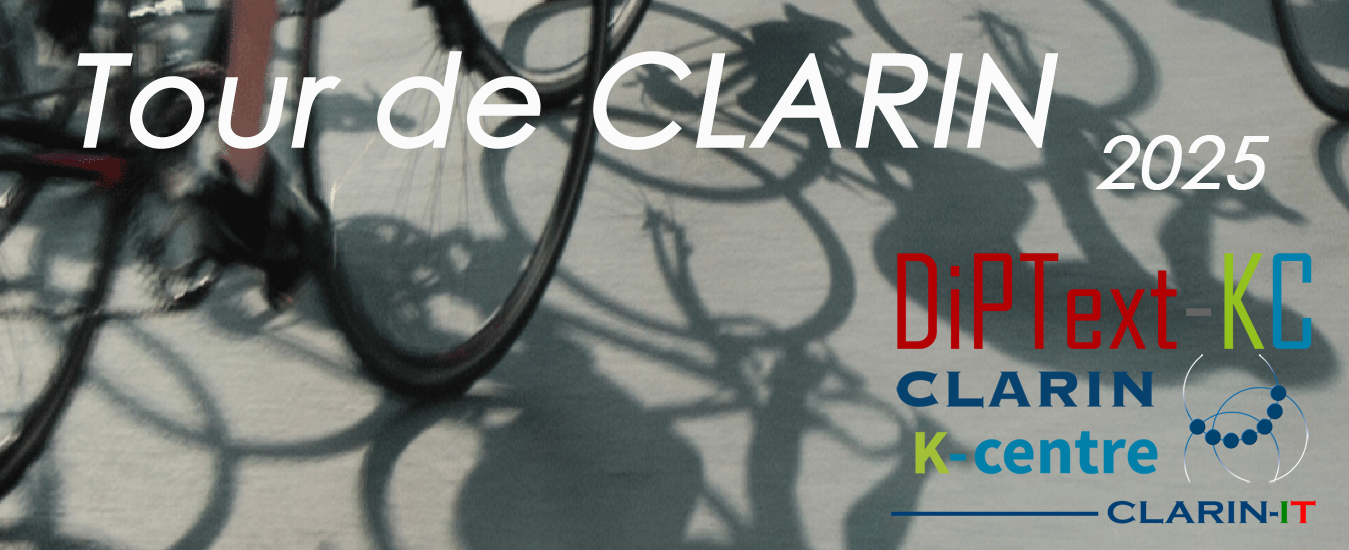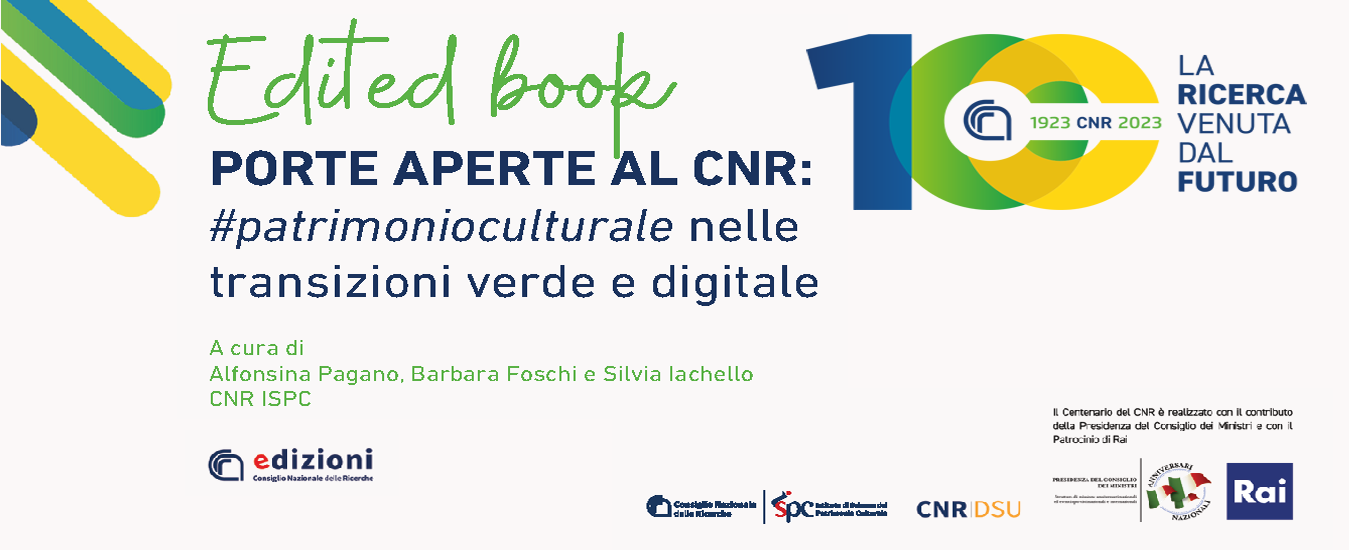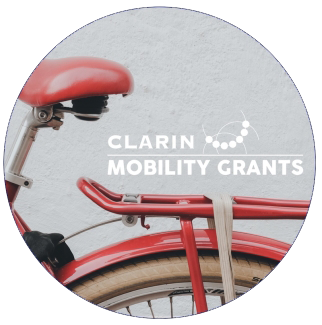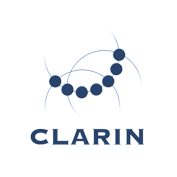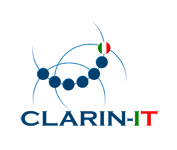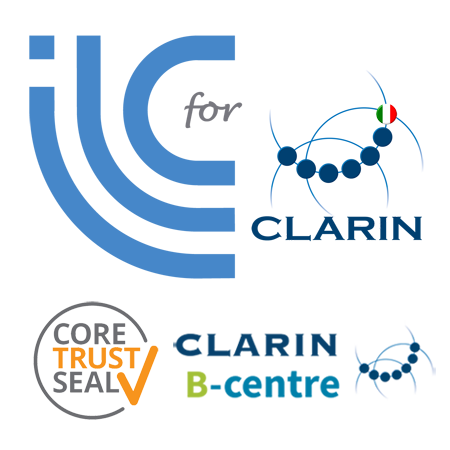Short Term Scientific Missions
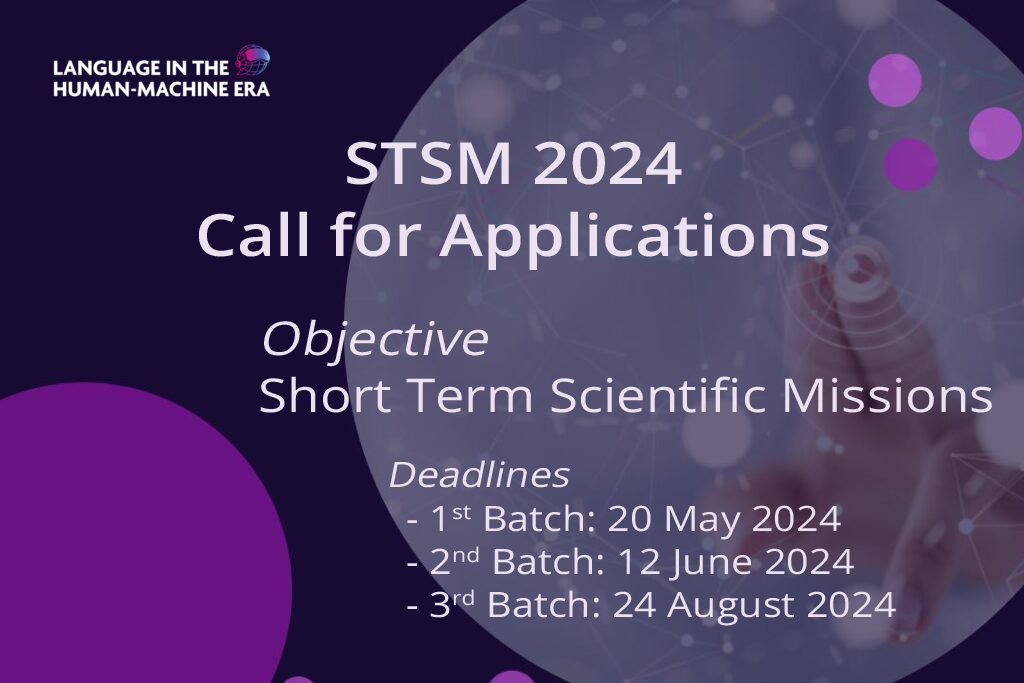
DiPText-KC is pleased to announce the Call for Applications promoted by the COST Action LITHME (Language In The Human-Machine Era) for the latest round of funding dedicated to STSMs (Short Term Scientific Missions).
A STSM is one of COST standard networking activities for an individual to visit a host organization located in a different country than their country of affiliation in order to gain and share knowledge.
Eligibility follows COST rules: it is basically up to anyone residing in a European country or ‘near neighbour’ country (except Russia).
LITHME is looking for people with specialisms in either technology or linguistics (or both) who want to gain and share knowledge across those academic boundaries.
Moreover, LITHME wants to fund visits pursuing its goals to produce new insights on the effects of new and emerging human-integrated language technologies.
Further information about LITHME themes and interests can be found in the Web page devoted to LITHME Working Groups, in LITHME open access forecast reports and in LITHME professionally commissioned animations.
Clearly understanding and referring to these resources will increase the quality of any application.
For further details (eligibility conditions, deadlines, online application etc.), please click the button below.
COST (European Cooperation in Science and Technology) is a funding agency for research and innovation networks. Its Actions help connect research initiatives across Europe and enable scientists to grow their ideas by sharing them with their peers. This boosts their research, career and innovation.
LITHME (Language In The Human-Machine Era) [COST Action CA19102] is a network with members from all EU Member States and a number of non-EU countries. Researchers from 39 countries have joined their forces to forecast how the emerging technologies are likely to change our everyday language use and, ultimately, language itself. LITHME has two aims: (i) to prepare Linguistics and its subdisciplines for what is coming; (ii) to facilitate a longer term dialogue between linguists and technology developers.
